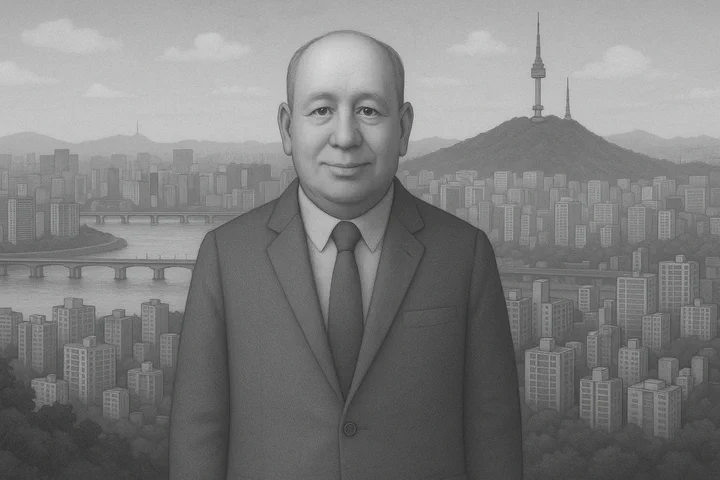Anti-China sentiment in Seoul

Significance. Bilateral relations between South Korea and China remain one of East Asia’s most consequential yet misunderstood strategic dynamics. While anti-China demonstrations in Seoul sparked by fringe pro-Yoon groups have drawn public attention, these theatrics are politically insignificant. They reflect fringe online radicalization not mainstream sentiment. In contrast, the geopolitical and economic imperatives driving Seoul and Beijing toward a quiet thaw are both substantive and enduring.
With China seeking to neutralize U.S. encirclement and South Korea navigating trade protectionism, mutual interests are once again intersecting. Recent diplomatic engagement, resumed trilateral frameworks, and quiet resumption of economic dialogue suggest a shared interest in de-escalation and pragmatic cooperation. This recalibration, though understated in public rhetoric, marks a meaningful strategic shift that will reshape alliance behavior and regional diplomatic structures.
Analysis. South Korea–China relations have faced sustained turbulence since the 2016 deployment of the THAAD missile system, which triggered informal Chinese sanctions and a diplomatic freeze. Under the Moon administration, efforts to re-engage were cautious but persistent.
The Yoon administration initially signaled a more assertive pro-U.S. and pro-Japan alignment, embracing rhetoric of values-based diplomacy, participating in NATO meetings, and expanding trilateral defense ties. Beijing responded by excluding Seoul from strategic dialogues and delaying high-level exchanges. Nonetheless, institutional connections were not severed. Trade remained robust, and technocratic-level engagement persisted, even as bilateral trust eroded.
Despite rhetorical divergence, shared material interests reasserted themselves. Both China and South Korea faced intensifying external pressures—South Korea from U.S. industrial protectionism and China from regional strategic isolation. Despite high profile departures, South Korean firms remain deeply integrated into Chinese supply chains and consumer markets.
For China, stabilizing relations with Seoul serves to dilute American-led regional coalitions. The quiet revival of economic dialogue, resumed vice-ministerial meetings, and Beijing’s diplomatic overtures during trilateral summits signal renewed interest in normalization. Seoul, aware of growing uncertainty in U.S. foreign policy, is hedging. This is not a pivot away from Washington, but a recalibration that prioritizes maneuverability and regional balance.
Mainstream reporting has disproportionately focused on recent pro-Yoon demonstrations in Seoul where anti-China rhetoric—ranging from boycotts to Sinophobic slogans—has gained online visibility. These protests are amplified by social media algorithms but lack institutional backing or public policy consequences.
The protests represent a performative nationalism driven by marginal groups, not a reflection of South Korea’s foreign policy apparatus - indeed, they have been significantly smaller and considerably further on the fringe element of society than anti-American protests under the Lee Administration during 2008. While the anti-China protests do gather media attention, the realignment underway at the diplomatic and economic levels does not.
Business communities in both countries are resuming cooperative projects, and foreign ministries have resumed backchannel coordination. The media focus on ideological gestures obscures the strategic pragmatism quietly shaping state-to-state relations.
South Korea’s foreign policy continues to evolve toward dual-track engagement. Publicly, it aligns with Washington on core security commitments. Privately, it is reopening economic and diplomatic channels with China to reduce exposure and maintain flexibility. This approach reflects a growing awareness in Seoul that U.S. reliability—particularly after 2024 electoral dynamics—can no longer be assumed.
China, for its part, is recalibrating its regional diplomacy, seeking to thaw ties with key U.S. allies without forcing binary alignment. As South Korea-China relations stabilize, diplomatic coordination will increase in regional economic frameworks and issue-specific dialogues, especially where U.S. leverage is weakest. This trend underscores a broader shift among U.S. allies toward a more transactional and autonomous regional posture.
Impact. Over the short to medium term, South Korea and China will deepen selective cooperation in trade and diplomacy, while fringe anti-China protests in Seoul will remain irrelevant to the strategic calculus guiding bilateral policy.
